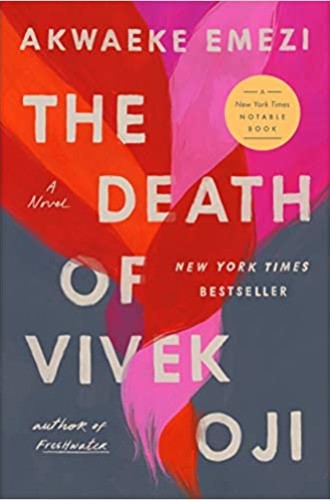The Death of Vivek Oji shows us what we are afraid of
Akwaeke Emezi’s stunning novel will leave you broken. It will also let the air back into your lungs.
It is difficult to know how to speak of “unknowing.” Novelist Akwaeke Emezi thrusts this reality into the room, holding nothing back, signaling the obvious: humanity is not well versed in recognizing its complexity. We do not know the shape of our living. This feels like a problem as The Death of Vivek Oji unfolds, and it even hurts. But it is important to accept Emezi’s invitation into this aching realization, especially through the book’s gender-nonbinary Indian-Nigerian protagonist, Vivek.
Dear reader, I must warn you: Emezi’s masterpiece will leave you broken, in painful ways but also in critical ways, ways that let back into your lungs the air that you didn’t know was slowly seeping out in the first place. The stories of Vivek’s family— their parents Chika and Kavita, their uncle Ekene, their aunt Mary—will show you that what you’ve been doing is more akin to gasping than breathing. But the loving and lovely relationships between Vivek and their friends—Osita, Juju, Elizabeth, Somto, and Olunne—will remind you to breathe in the air of this complicated life, not to ignore its hazy texture or pretend it is either clear or opaque.
We must breathe in the muddiness. Neither our air nor our formations are clear. Vivek and their friends-turned-family teach us to take in the air given us; it will become what we need. Our body will take what it needs. Though we may not understand every prognostic breath, breathing will sustain our lives. This is the legacy of Vivek Oji: taking the air around us and converting it to what we need to breathe, to be.





